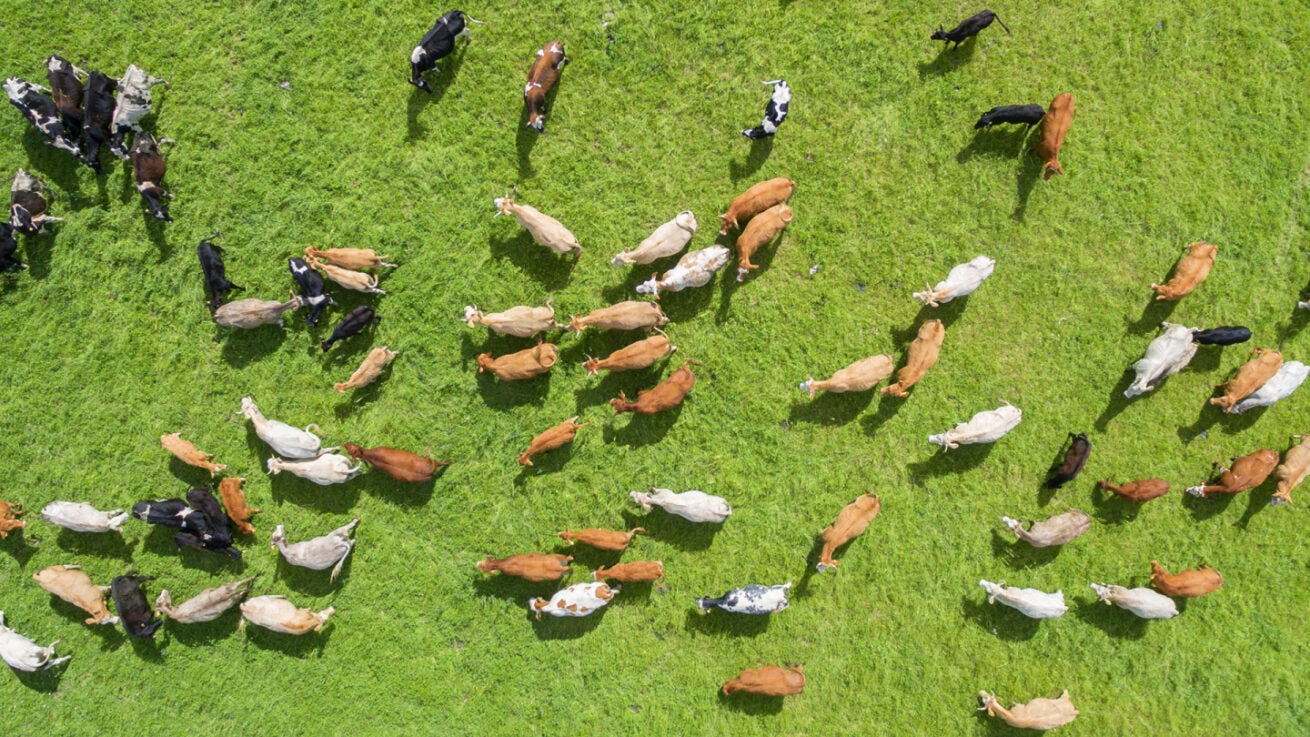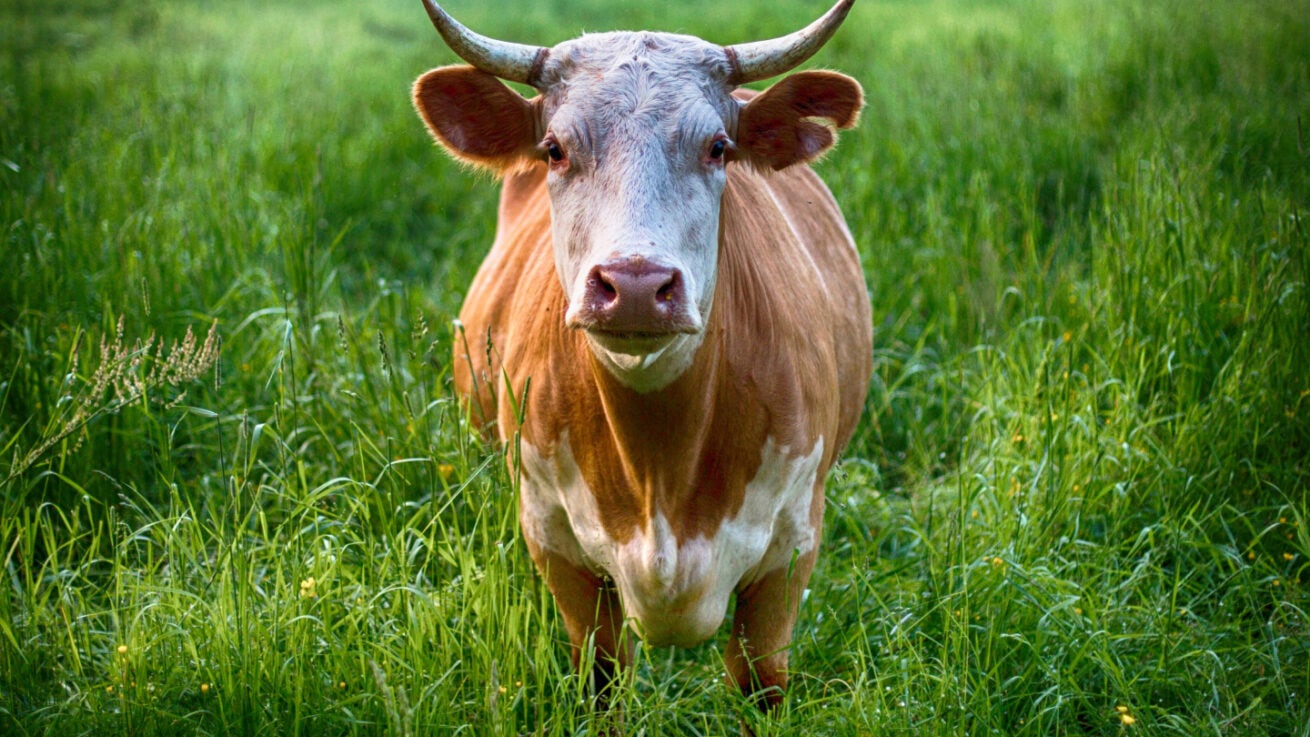
Authentic Grassfed Certifications
Utilizing certifications that uphold the Authentic Grassfed Principles demonstrates to consumers and other brands a commitment to sustaining the land, animals, and communities. Check out the certifiers we endorse.
An Authentic Grassfed supply chain strengthens the ecosystems that we’ll rely on for generations.

Let's build a Good Meat® movement today.
Donate today!“A Better Way”
Our Grassfed Alliance initiative promotes grassfed meat and dairy products that meet Authentic Grassfed Principles. The Grassfed Alliance uses consumer research, trade promotion, market experimentation, and advocacy to advance the grassfed industry.
Grassfed Alliance recently embarked on a market research project to reveal what consumers, retail buyers, and others find most important when choosing grassfed and regenerative products.
After conducting extensive consumer research, we’re convinced that 100% grassfed beef tells the ultimate story: it’s delicious because of the people and practices behind it and it holds the potential to restore grasslands and help save the planet. Check out our Real Burger of Earth Day promotion, an annual opportunity for grassfed brands to band together and present a clear message for 100% grassfed beef that will cut through the noise. Our message? Grassfed burgers are the most delicious burger you can eat, and they will save the planet too.
Our Grassfed Alliance initiative is part of our broader FARMIN program which encourages knowledge exchange and collaboration between pastured, regenerative, and grassfed farmers and ranchers.

Producing Authentic Grassfed meat and dairy requires a regenerative approach, in which animals maintain a 100% grass- or forage-based diet for their entire lives, every season of every year. Farmers and ranchers employ practices that ensure animal welfare, benefit the land, and support transparency. In partnership with the leading grassfed certifiers in the U.S., we developed ten Authentic Grassfed Principles to help buyers understand what practices are core to grassfed and to know what labels to look for. Our programming empowers producers with tools and training to capture more market share and work towards a future where authentic grassfed practices are the norm.

Utilizing certifications that uphold the Authentic Grassfed Principles demonstrates to consumers and other brands a commitment to sustaining the land, animals, and communities. Check out the certifiers we endorse.

Is certification a good marketing tool? Is it good for your bottom line? For this Lowdown we were joined by Tim Joseph, of Maple Hill Creamery and the Grassfed Alliance, a seasoned veteran when it comes to working with certifications.

Grassfed beef is a fast-growing consumer phenomenon, but there is a lack of coherent information on how the market works. This report addresses that gap by providing a comprehensive overview of the U.S. grassfed beef sector, with a focus on market and economic dynamics.

Sign up for our newsletter. We’ll keep you informed and inspired with monthly updates.